Dr. Ngo Thi Kim Oanh, University of Medicine and Pharmacy Hospital, Ho Chi Minh City - Facility 3 said, Long-term salt intake is one of the leading risk factors for damage to the glomerular structure. When the amount of sodium in the body exceeds the physiological threshold, the kidneys are forced to increase their activity to excrete excess salt. This process leads to increased filtration pressure in the glomerulus, activating the renin-angiotensin-aldosterone system, thereby increasing blood pressure and promoting renal interstitial fibrosis.
Young people often do not realize the amount of "hidden" sodium in their daily diet, especially from industrial foods such as fish sauce, canned food, fast food... This chronic hypernatremia not only causes high blood pressure but also increases protein excretion in urine - an early sign of chronic kidney damage.
According to the World Health Organization's recommendations, each adult should consume less than 5g of salt per day, equivalent to about 2,000mg of sodium. However, a survey by the National Institute of Nutrition shows that the average Vietnamese person is consuming twice this recommended threshold.
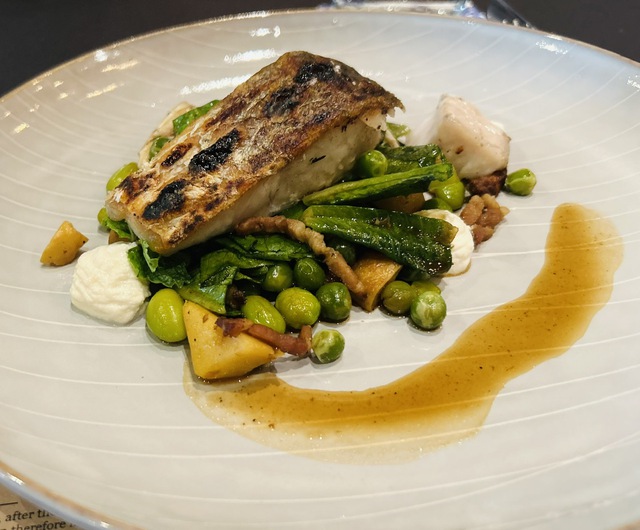
Pay attention to a balanced diet, reduce salt, and prioritize proteins with high biological value such as fish and eggs...
PHOTO: LE CAM
Animal protein and high protein diet - a double-edged sword
Protein is an essential nutrient, but if consumed in excess, especially from animal protein sources, it will cause a metabolic burden on the kidneys. In the modern diet, many young people choose a "high meat - low starch" lifestyle with the goal of losing weight and gaining muscle. However, when protein intake exceeds 1.6 g/kg body weight/day, the kidneys must increase filtration to eliminate metabolic products such as urea, creatinine and uric acid.
Prolonged hyperfiltration causes glomerular endothelial damage, mesangial cell proliferation, leading to interstitial fibrosis - the fundamental process of chronic renal failure.
In addition, the use of protein supplements such as whey protein, casein powder or functional foods of unknown origin is also a worrying factor, because many products contain impurities or stimulants that can be toxic to the kidneys without the user knowing.
For healthy people, the recommended protein level of 0.8-1 g/kg/day is appropriate. For people with risk factors (high blood pressure, pre-diabetes, obesity, family history of kidney disease), they should consult a specialist to adjust the appropriate amount of protein and prioritize proteins with high biological value such as fish, eggs, low-fat milk, vegetable protein from soybeans, tofu.
Refined sugar and soft drinks - indirect culprits that damage the glomeruli
A diet rich in refined sugars not only affects glucose metabolism but also causes glomerular damage through multiple mechanisms. Regular consumption of milk tea, carbonated soft drinks, cakes, and energy drinks increases the risk of insulin resistance and metabolic syndrome - high risk factors for type 2 diabetes.
When blood glucose is chronically elevated, the glomerular filtration mechanism is disrupted, leading to increased intraglomerular pressure, thickening of the basement membrane, and the formation of proliferative glomerulonephritis. Clinical manifestations may begin with microalbuminuria and progress to overt proteinuria, reduced glomerular filtration rate (GFR), and eventually end-stage renal failure.
Therefore, young people should minimize the consumption of added sugar, especially from industrial drinks, while increasing fresh and original foods, avoiding the habit of using sugar as a "reward" after each working day.
Kidney protection diet and kidney function for young people
According to Dr. Oanh, a low-salt diet is the first step in protecting kidney function. Young people should get into the habit of gradually reducing the amount of salt, fish sauce, and seasoning powder in their daily cooking. Instead of using salty spices, you can increase the use of natural spices such as onions, garlic, ginger, lemongrass, pepper, and herbs to enhance the flavor of dishes without adding salt.
Consumption of red meat and animal organs should be limited. The recommendation is no more than 1-2 times per week. This is a food group rich in protein and purines, if eaten in large quantities it can increase the metabolic burden on the kidneys, while increasing the risk of increased uric acid and dyslipidemia.
On the contrary, young people should prioritize healthy protein from sea fish, eggs, low-fat milk and vegetable proteins such as tofu, soybeans, and black beans. These proteins are less likely to cause nitrogen toxicity, are easy to digest, and have little effect on kidney filtering function.
Green vegetables and fresh fruits are an indispensable food group. Every day, you should provide at least 300-500g of ripe vegetables and fruits. Vegetables such as spinach, water spinach, amaranth, and low-sugar fruits such as apples, pears, and dragon fruit, will provide antioxidants that help protect kidney tissue from chronic damage. However, if the patient has a potassium disorder, the doctor should adjust the appropriate amount.
Regarding cereals, young people should switch to whole grains such as brown rice, oats, black bread, and boiled sweet potatoes. These foods have a low glycemic index, are rich in fiber, and help improve metabolism, while also helping to regulate blood pressure and blood sugar - two key factors in preventing chronic kidney disease.
The amount of water you drink each day should be individualized depending on your activity needs and environment. On average, you should drink 1.5 to 2 liters of filtered water per day. Do not force yourself to drink too much water if your body does not need it, especially in people with signs of edema or potential kidney damage.
"Finally, fat also needs to be controlled. Young people should limit the use of animal fat, chicken skin, and organs, and instead use beneficial vegetable oils such as olive oil, flaxseed oil, and fish oil - which are rich in omega-3, which has an anti-inflammatory role and protects the blood vessels of the kidneys," Dr. Oanh recommends.
Source: https://thanhnien.vn/bac-si-nguoi-tre-hay-bao-ve-than-qua-tung-bua-an-185250714093757576.htm




![[Photo] National Assembly Chairman Tran Thanh Man receives First Vice Chairman of the Federation Council of the Federal Assembly of the Russian Federation](/_next/image?url=https%3A%2F%2Fvphoto.vietnam.vn%2Fthumb%2F1200x675%2Fvietnam%2Fresource%2FIMAGE%2F2025%2F12%2F02%2F1764648408509_ndo_br_bnd-8452-jpg.webp&w=3840&q=75)




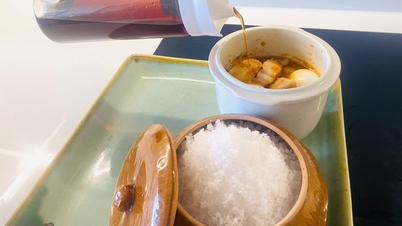




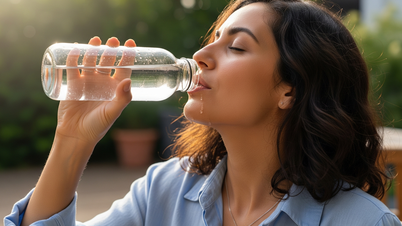
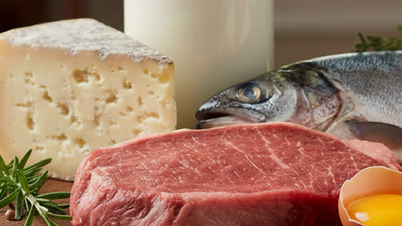

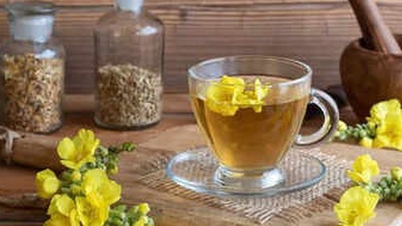


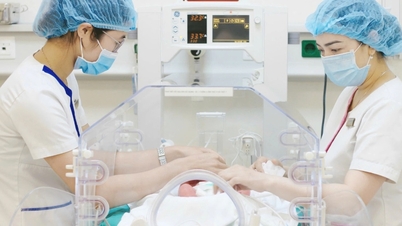


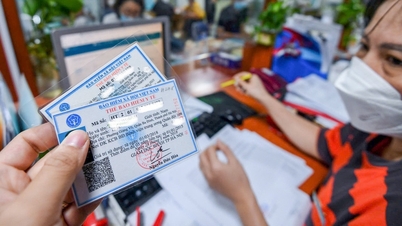







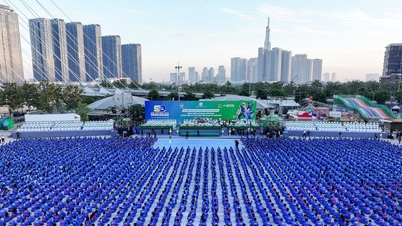

















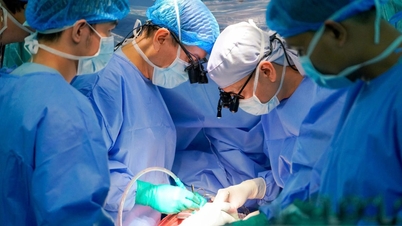













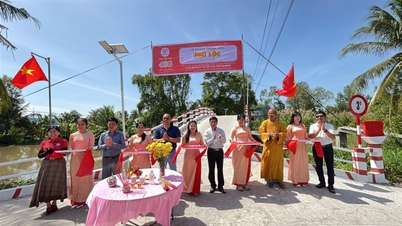












![[Photo] General Secretary To Lam and his wife attend the 50th Anniversary of Laos National Day](https://vphoto.vietnam.vn/thumb/402x226/vietnam/resource/IMAGE/2025/12/02/1764644139308_1.jpeg)







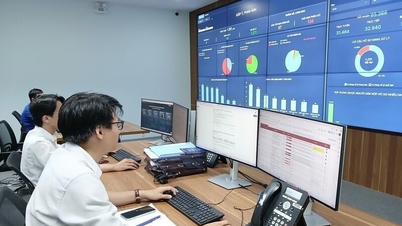
























Comment (0)